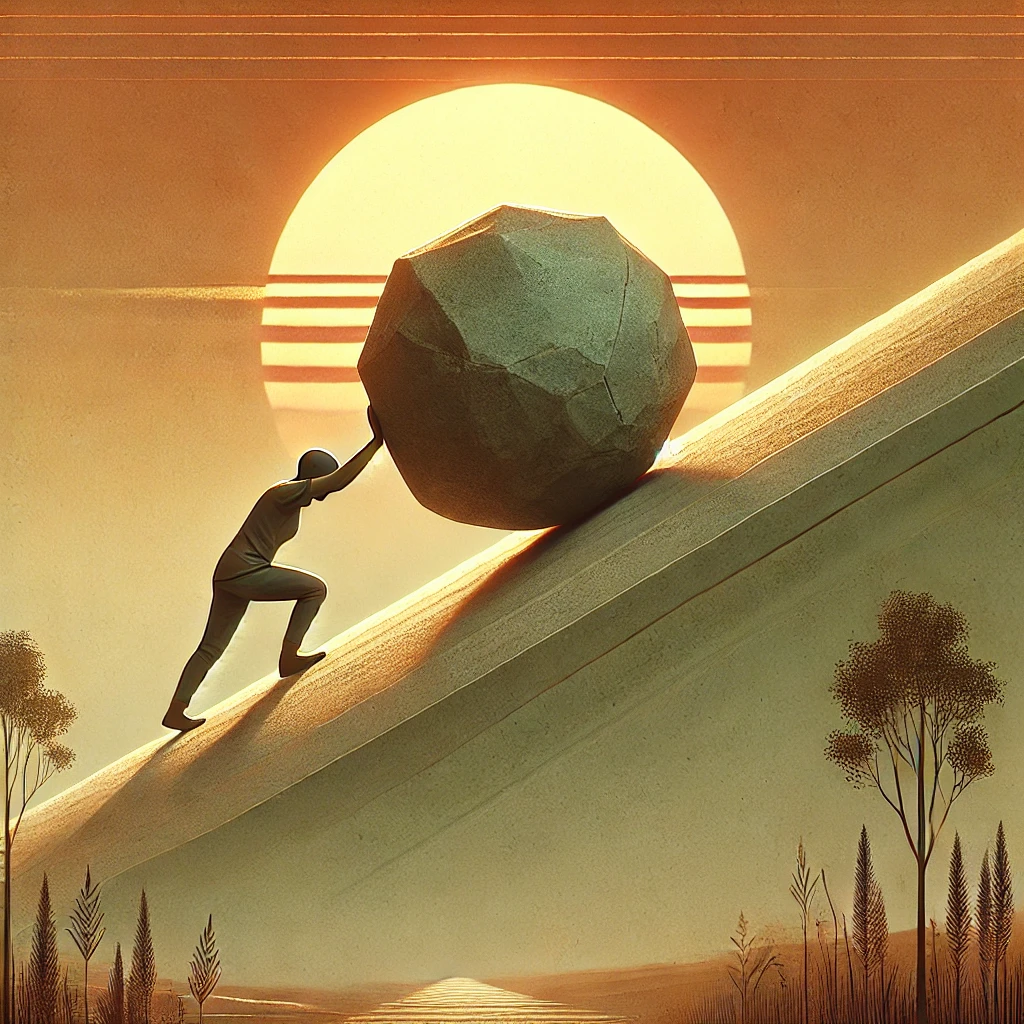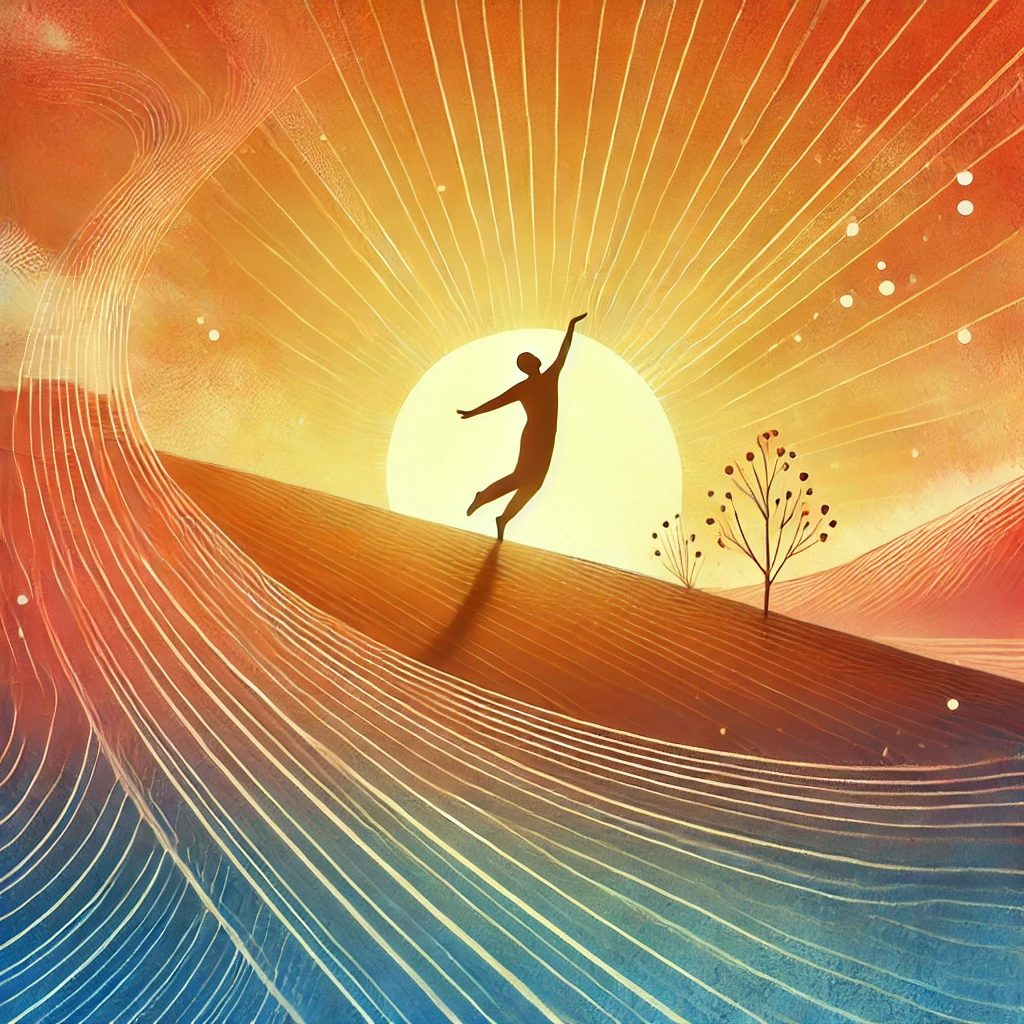Your Past Does Not Define You
For a long time, I believed my past shaped who I was. If something went wrong, I could trace it back to a specific event, a past failure, or an experience that “made me this way.” But at some point, I realized—my past doesn’t dictate my future. My behavior isn’t a reaction to past experiences; it’s driven by my goals. I act in a way that serves the life I want, not the life I’ve had.
But if my past wasn’t the problem, why did I still struggle? The answer became clear: the real weight I carried came from other people’s expectations, judgments, and comparisons.
All Problems Are Interpersonal Problems
Every frustration, every self-doubt, every hesitation comes down to relationships. If I were alone in the world, would I feel inferior? Would I compare myself to others, worry about failing, or fear judgment? No—because problems only exist in relation to others. We struggle not because of who we are, but because of how we see ourselves through others’ eyes.
I realized that my insecurities weren’t caused by my abilities or personality—they were caused by my comparisons. I wasn’t failing in any real way; I was just afraid of how I would be perceived. And this made me reflect: If my happiness depends on the approval of others, will I ever truly be free?
Pushing the Stone Up the Hill
I had to ask myself: What do I actually want? The answer was simple—being independent and living in harmony with others. The way to get there is through life’s essential tasks:
- Friendship (building real connections)
- Work (finding meaning in contribution)
- Love (deep, honest relationships)
But achieving these things isn’t effortless. They’re like pushing a stone up a hill. Every day, I have to take small, deliberate steps forward. Some days, the stone rolls back, and I feel like I’m losing progress. But if I stop pushing altogether—if I avoid friendships out of fear, refuse to engage in meaningful work, or shy away from love because of past hurt—the stone doesn’t just stay in place. It rolls back down, and I find myself at the bottom, wondering why life feels empty.
This is where the real shift happened. I saw that avoiding struggle wasn’t making me happier—it was just keeping me stuck.

The Courage to Be Disliked
The biggest shift came when I stopped trying to do other people’s tasks. At first, it felt selfish. But I realized—it was actually the opposite.
I wasn’t acting to be liked anymore. I wasn’t seeking validation or molding myself to expectations. Instead, I was acting based on what I believed in. And paradoxically, this made my relationships stronger—because they were based on authenticity, not obligation.
True freedom is being okay with not being liked by everyone. And that’s fine. As The Courage to Be Disliked puts it, freedom is having the courage to be disliked. The moment I stopped living for approval, I felt lighter.
And for the first time, I wasn’t just surviving—I was living.
Life Is a Dance, Not a Destination
Once I let go of the need for external validation, something shifted. Life no longer felt like a test I had to pass or a goal I had to reach. It felt like a dance.
A dance doesn’t have a finish line—you don’t dance to “win.” You dance because you enjoy moving, because you feel the rhythm, because you’re present in the moment.
And life is the same. It’s not about reaching some ultimate goal where everything is perfect. It’s about embracing the movement, flowing with the ups and downs, and finding joy in the process.
That is funny—when you stop chasing meaning, life becomes meaningful on its own. Not because it has some grand, predetermined purpose, but because you get to decide what matters. And that is real freedom.
These are my thoughts on the book “The Courage to be Disliked” by Ichiro Kishimi and Fumitake Koga.

Leave a Reply